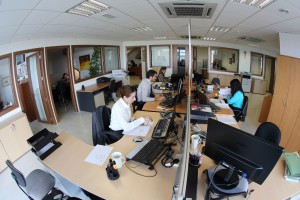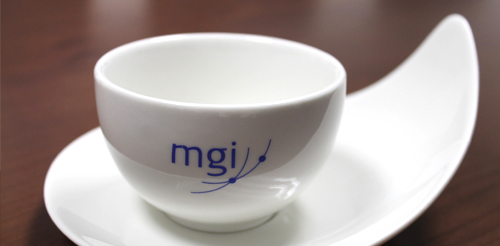Any foreign investor can establish a company in Malta with the intent of carrying on business outside our national territory.
When such accompany is owned by non residents of Malta, there could be various tax incentives in view of the IMPUTATION system of taxation adopted in Malta.
As from May 1st, 2004, the date of Malta’s accession to the European Union, the regulations covering the types of business that foreigners are permitted to operate in Malta have been amended.
As from that date citizens of the EU can own unlimited amount of shares in a Malta registered company with no limitation as to the type of trade that such company can undertake.
Just setting up a Maltese company to invoice your Algerian clients for goods being shipped from India to Algeria is not enough to qualify your goods as MADE IN EUROPE.
Normally to get the EUR1 certification confirming that goods are of EU origin, the bilateral treaty between the EU and the respective country (Algeria) would stipulate a percentage of the value of the goods ( i.e. import price into Algeria) that must be added in the country of the exporting company (in this case Malta). It is therefore best to check on these percentages by asking your Algerian client to check with the relevant authorities in his country.
If you decide to go ahead, the way to do this is to carry out some processing in Malta of the goods before these are sent to final destination. The cost of such processing plus the profit margin of the Malta operation needs to come to the required PERCENTAGE ( i.e. difference between landed cost of goods in Malta to invoiced price from Malta). It would be best if such operations are carried out through a Malta registered company.
To carry out such processing operations the MALTA FREEPORT has a DUTY FREE ZONE with factory facilities whereby goods landed at the Freeport and processed in these factories are considered as NOT IMPORTED INTO MALTA and therefore do not attract customs duty. However costs of operating in this zone are quite expensive and unless turnover is high, perhaps it would not make economic sense.
Another possibility is that of operating in one of Malta’s other industrial zones. Here cost of operation are much lower and goods imported into Malta as raw material for processing and re export again do not attract customs duty.
A Maltese company operating in this manner can benefit from substantial taxation benefits on profits and therefore any such tax savings when compared to your current taxation costs should be considered as offsetting the additional costs of operating from Malta. If you need addition details of such taxation and other benefits please refer to our website for the following publication:
Industrial Incentives in Malta
Another possibility you may consider is the setting up of an Export Company in Malta, i.e. one that buys the goods from India and resell to Algeria. Such companies only attract 4.17% taxation on profits and if your current taxation level is higher, this could result in an overall savings. For further reading on this subject, please refer to our web site for the following two publications:
- International Trading Companies (ITCs)
- Tax Provisions for ITCs










